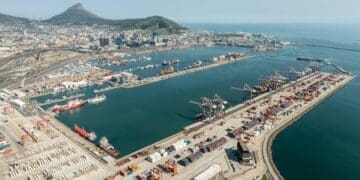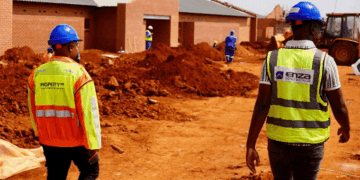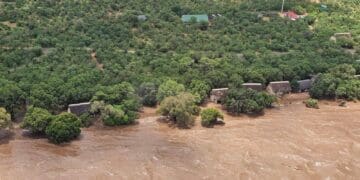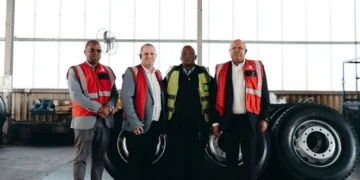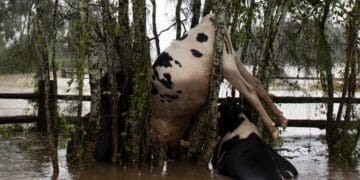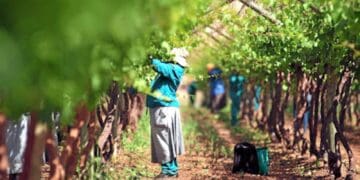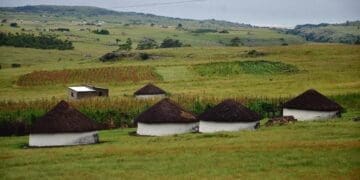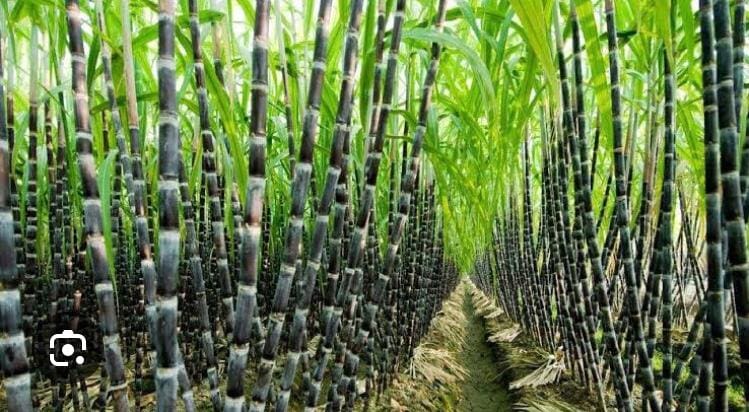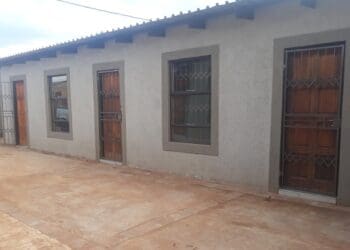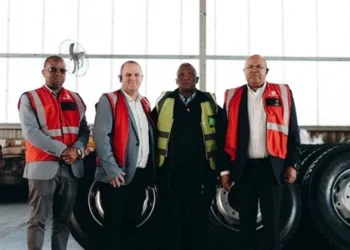South Africa’s small-scale sugarcane farmers are facing growing uncertainty as a surge in cheap, deep-sea sugar imports threatens the sustainability of the local sector and undermines the livelihoods of rural communities.
Nkosinathi Msweli, a farmer based in Kearsney near Stanger in KwaZulu-Natal, said imported sugar was already eating into projected earnings.
“It is difficult because there are some operations that are not covered, and fields do not get adequate or enough inputs,” Msweli told Vutivi News.
He believes that for small-scale growers to survive, the government must take firm action against unfair competition.
“The government needs to increase tariff protection constantly to fight cheap imports,” Msweli stressed.
Industry bodies and farming associations agree, warning that years of developmental progress could be wiped out unless urgent protective measures are introduced.
SA Sugar Association (SASA) executive director Sifiso Mhlaba said a significant increase in overseas sugar imports was displacing locally produced sugar and forcing producers to dump their surplus on the global market at a loss.
“South Africa is a surplus producer, we can meet all our domestic needs,” Mhlaba said.
“There is no justification for these imports, and the consequences are severe, especially for rural communities in KwaZulu-Natal and Mpumalanga.”
He explained that global sugar prices were often distorted by heavy subsidies in countries like Brazil, leaving South African exporters dealing with financial losses that rippled through the value chain, from job losses to cancelled infrastructure projects and reduced community development initiatives.
To shield local growers, SASA has applied to raise the dollar-based reference price from $680 to $905 per ton; a move it said was necessary to level the playing field and provide immediate protection against unfair trade practices.
The SA Farmers Development Association (SAFDA) warned that unchecked imports were severely affecting the profitability of small-scale growers.
“The increase in sugar imports is limiting our ability to support transformation programmes,” said SAFDA executive chair Siyabonga Madlala.
“It directly hampers our mission to integrate emerging farmers into the mainstream sugar economy.”
Madlala noted that most small-scale farmers already faced barriers such as limited access to capital, mechanisation and technical support.
A sustained drop in sugar prices could drive many farmers out of the industry altogether.
“This is not just a trade issue, it’s a development crisis,” he said.
To build resilience among smallholder farmers, SAFDA has established six Farmer Production Support Units in KwaZulu-Natal and one in Mpumalanga. They provide mechanisation services, input supplies, training and access to markets.
Additionally, SAFDA is collaborating with the government on a strategic project to develop a sugar mill in Makhathini, KwaZulu-Natal.
The mill is expected to reduce transport costs for local farmers, who currently send their cane over 200km away to Felixton.
Higgins Mdluli, who is the chairperson of SA Canegrowers, also emphasised the unique vulnerability of small-scale farmers to these imports.
While both large and small growers were affected, he said, the latter had fewer resources to withstand market shocks.
“Small-scale growers are a vital part of the local sugar industry, and every measure has been taken to ensure that we keep these important growers economically viable,” he said.
SA Canegrowers has disbursed more than R1.2 billion in transformation funding over the past five years through various initiatives that support small-scale farmers.
These growers also benefit from equal access to mills and preferential cane prices and receive assistance throughout the production cycle, from seed cane supply to post-harvest transport and milling.
Looking ahead, Mdluli said diversification into sustainable alternatives, such as producing aviation fuel from sugarcane, could offer long-term stability. However, the immediate focus must remain on supporting growers through current challenges.
“Small-scale growers are the lifeblood of their rural KwaZulu-Natal and Mpumalanga communities,” he said.
“The income and jobs they offer are vital for rural stability because they operate in areas where there are often not many alternatives.”
To address unfair trade practices like sugar dumping, SA Canegrowers, along with other industry stakeholders, has approached Trade, Industry and Competition Minister Parks Tau, and the International Trade Administration Commission of South Africa (ITAC).
“We look forward to working closely with them to find a resolution to the cheap sugar coming into South Africa,” Mdluli said.
Both SASA and SAFDA believe that stronger tariff protections, coupled with investment in infrastructure and rural economies, are essential to protect the country’s small-scale growers from volatile global markets.
Without such support, the backbone of South Africa’s rural sugar economy may begin to fracture.




